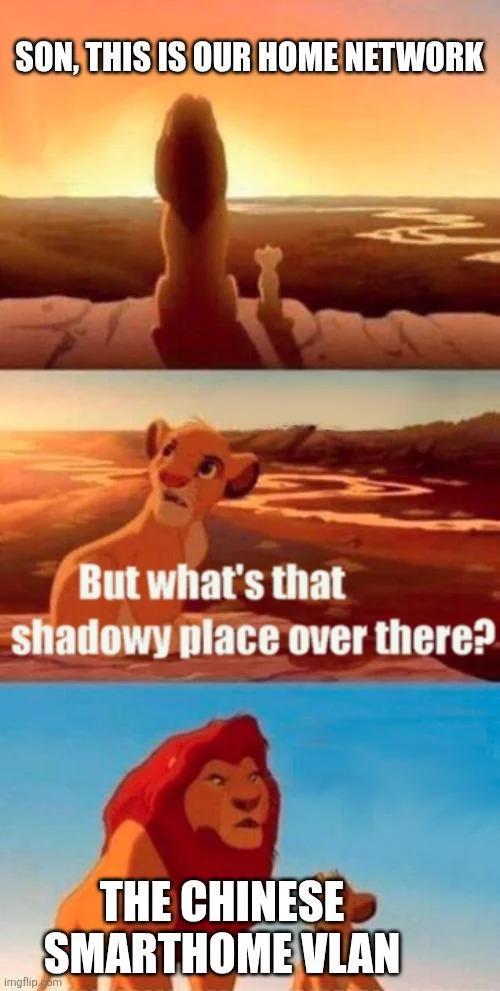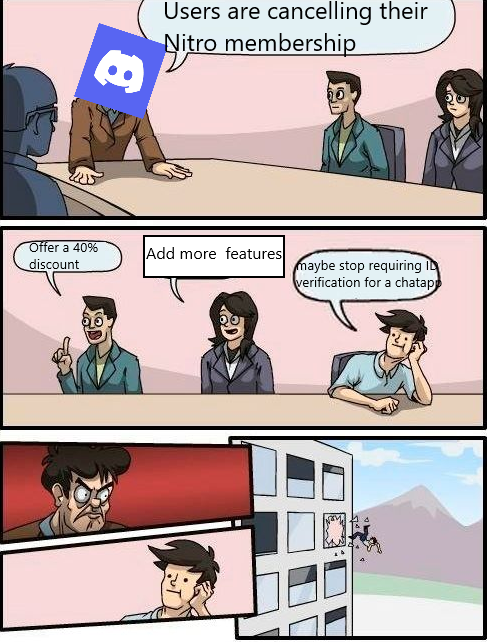HTTP 418: I'm a teapot
The server identifies as a teapot now and is on a tea break, brb
HTTP 418: I'm a teapot
The server identifies as a teapot now and is on a tea break, brb
Security Memes
Cybersecurity: where paranoia is a professional requirement and "have you tried turning it off and on again" is rarely the solution. These memes are for the defenders who stay awake so others can sleep, dealing with users who think "Password123!" is secure and executives who want military-grade security on a convenience store budget. From the existential dread of zero-day vulnerabilities to the special joy of watching penetration tests break everything, this collection celebrates the professionals who are simultaneously the most and least trusted people in any organization.

 AI
AI
 AWS
AWS
 Agile
Agile
 Algorithms
Algorithms
 Android
Android
 Apple
Apple
 Bash
Bash
 C++
C++
 Csharp
Csharp















